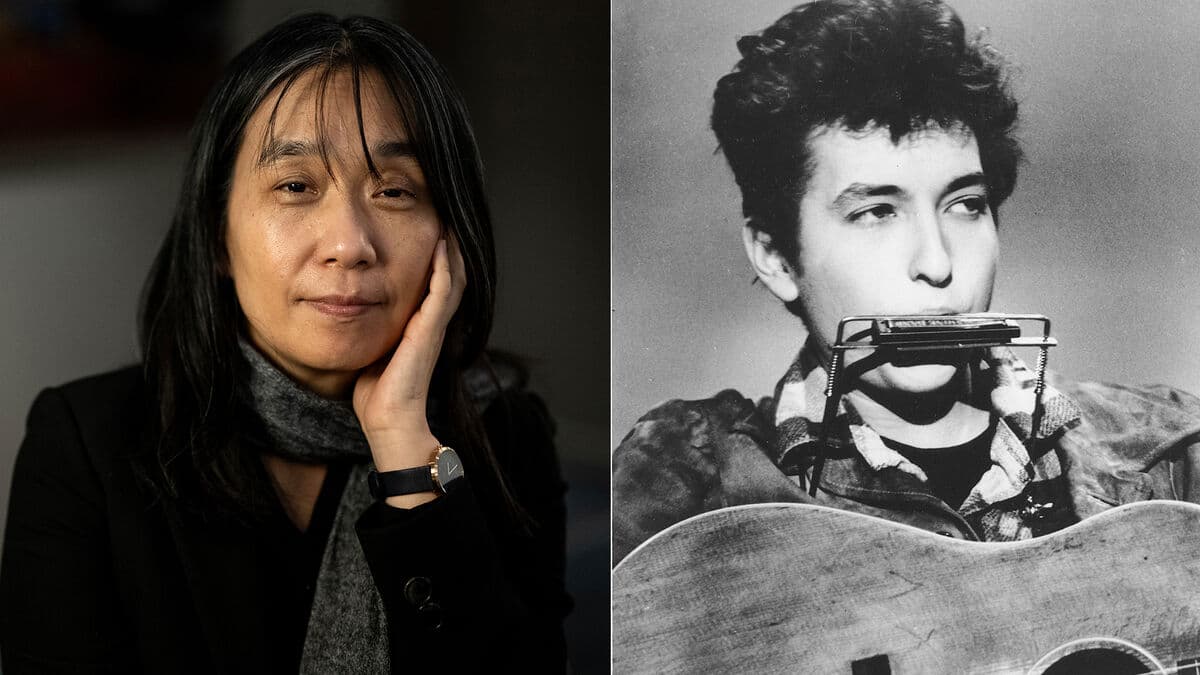2024 Han Kang – young
Rudyard Kipling was only 41 years old when he received the Nobel Prize in Literature in 1907, but the honor tends to go to older authors. Han Kang was 53 years old when she received the prize and was thus considered surprisingly young – one of the youngest. To find a younger prize winner, you have to go back to 1987 when Joseph Brodsky received the prize, just 47 years old.
2021 Abdulrazak Gurnah – unknown
Abdulrazak... who? Even among many Swedish avid readers, Gurnah was unknown, probably because the few books that were available in Swedish were published by a small publisher, (Celanders). A majority of the recent prize winners have first been published by small publishers. But the broad reading public got to know a new authorship.
2019 Peter Handke – controversial
An angry debate raged when Peter Handke was awarded the prize. How can the Academy reward someone who relativizes genocide, it was said, with reference to how he wrote about the massacre in Srebrenica. Others pointed out that Handke rather wanted to balance a one-sided portrayal of the Serbs as "barbarians". Both praise and condemnation followed.
2016 Bob Dylan – odd bird
Applause and happy cheers greeted the news that the singer, songwriter, and poet Bob Dylan had received the Nobel Prize. Although Dylan's supporters had mentioned his name for years, few believed he would get it. But so it was. "Literary metabolism at the absolute highest level", said the permanent secretary Sara Danius.
2004 Elfriede Jelinek – internal conflict
The choice of Austrian Elfriede Jelinek led to member Knut Ahlund leaving the Academy in protest. In an article in Svenska Dagbladet a year later, he called the choice a fiasco that "destroyed the value of the award for the foreseeable future".
1974 Eyvind Johnson and Harry Martinson – corruption allegations
One of the great controversies in Swedish cultural life. The fact that Johnson and Martinson were awarded the prize sparked great anger, and the Academy was accused of corruption. However, the authors were the most affected, as they were criticized and questioned in the last years of their lives.
1964 Sartre - declined
It was perhaps not so surprising that the prize was awarded to Jean-Paul Sartre. What was surprising, however, was that he had declined in advance by letter – he was afraid of being associated with an institution and declined public prizes. The decision had already been made by the Academy, however, according to SvD.
More examples of surprising choices of Nobel laureates:
2012 Mo Yan – Chinese party member
The Academy was criticized for choosing a Chinese laureate who was a member of the Communist Party and vice chairman of the state-sanctioned writers' association.
1965 Mikhail Sholokhov – loyal to the Soviet Union
The Soviet regime was pleased, but the Academy received harsh criticism for choosing a Soviet laureate who was not only a member of the Communist Party but also a member of the Central Committee.
1953 Winston Churchill – politician
In retrospect, it has emerged that even the Academy's members were afraid that the prize would be perceived as a political reward for Churchill's efforts during World War II – but he received it anyway.
Sources: SvD, Kulturnytt i Sveriges Radio






